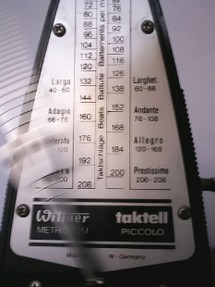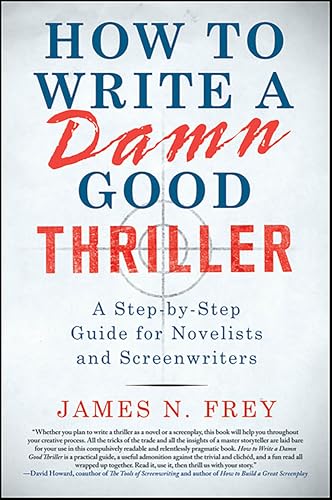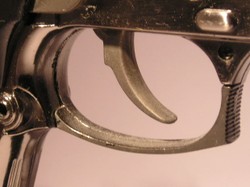The thriller is one of the most popular genres in fiction. Usually containing exciting plot twists and high drama, coupled with realism and plausible characters, the thriller is also the genre most frequently adapted for the screen.
In short, as readers or viewers, we love fiction that keeps us on the edge of our seats. We lap it up like there is no tomorrow. So, if you’re a writer who has never considered writing one, it’s well worth dipping your toe into the pool of thrillers.








 Getting the pacing of a thriller right is a clever balancing act. The pace, obviously, cannot remain static, so you need to choose when to ratchet up the speed of the action and when to take things at a more leisurely pace.
Getting the pacing of a thriller right is a clever balancing act. The pace, obviously, cannot remain static, so you need to choose when to ratchet up the speed of the action and when to take things at a more leisurely pace.



 For the hero or heroine of a thriller, there can be very little rest. Of course, as with pace, you cannot simply bombard your protagonist, there needs to be a little ebb and flow. However, you have to be fairly cruel to him, her or them, because a protagonist must be continuously placed in dangerous situtations and cannot be allowed to relax for too long.
For the hero or heroine of a thriller, there can be very little rest. Of course, as with pace, you cannot simply bombard your protagonist, there needs to be a little ebb and flow. However, you have to be fairly cruel to him, her or them, because a protagonist must be continuously placed in dangerous situtations and cannot be allowed to relax for too long.





 How to Avoid College Debton 07/31/2014
How to Avoid College Debton 07/31/2014
 Was Charlotte Bronte Jealous of her Sister Anne?on 07/15/2014
Was Charlotte Bronte Jealous of her Sister Anne?on 07/15/2014
 Whose Side is Cancer Research UK on?on 07/06/2014
Whose Side is Cancer Research UK on?on 07/06/2014
 A Plot Summary of Electra by Sophocleson 07/05/2014
A Plot Summary of Electra by Sophocleson 07/05/2014


Comments
Hi, Tolovaj. Thank you very much for adding that tip. Short chapters can work very well, especially as the tension is cranked up. Great piece of advice!
I have never wrote a classic thriller but I have my share in detective genre in magazines and on the radio. One advice from my experience it seems working pretty well is setting the pace with a help of chapters.
Move from one location to another can of be great help to enhance the rhythm (every location in its chapter) and making chapters shorter and shorter can add some tension too.
Cheers!
Great tips on writing a thriller. I keep thinking I should have a go at writing fiction but I haven't done it yet. I haven't written any fiction since I left school. It seems the older I get the less imagination I have. Your tips are very useful though.
Jasmine, I think anybody who can write (and you obviously can write) can do it, it's just a case of knowing the story you want to tell, and a healthy dose of practice. I've been 'seriously' trying to write fiction for three and half years, and I think I'm much better now than I was when I started.
Thanks, Sheila. The bit about writing needing to be fun I learnt the hard way - trying desperately to finish a scene or chapter, then realising that what I'd struggled to trawl through was really not worth all that effort!
Great tips, WiseFool! You've laid out the important information well in constructing a successful thriller. And you're right -- the writing has to be fun if the reading is to be fun. Kudos.
You're absolutely right! The elements you've pointed out actually make the base of a thriller novel. Got me wondering whether I'd be capable of capturing readers' attention in such way...
Hello Jasmine, you're right, of course, all of those elements are important in every genre of fiction. I think, with a thriller it's even more important to nail them, though, because you have to keep your reader in a heightened state of expectation throughout. Once you lose 'em, the game's over. Glad you found the tips helpful, and thanks again for taking the time to comment.
I think that suspense, action, intrigue and realistic drama are important elements for any genre, not just a thriller novel. Great tips - I'll keep them in mind!
Thank you very much, Sannel. Really pleased to know that the information is valuable.
We should not include anything that is not necessary to the progression of the narrative, and we should never give too much information in the story. These advice and many more, are some important tips to new writers that you have covered in this article. Thanks.